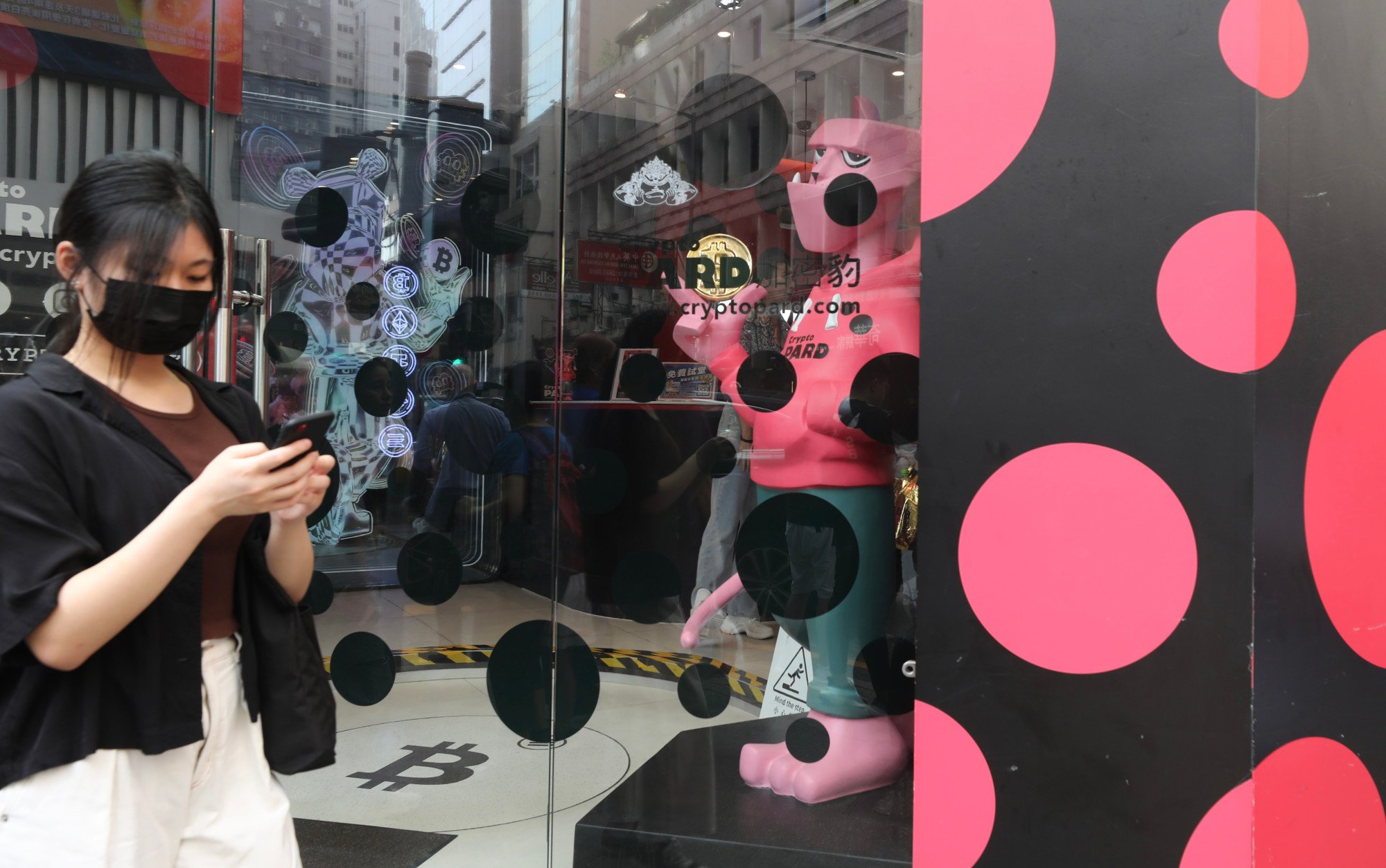
Local Chinese court argues cryptocurrency is property despite Beijing’s crackdown
- Crypto property rights should be protected except when the virtual asset is used for crimes or was acquired through a crime, the court argued
- In Hong Kong, a landmark ruling earlier this year recognised crypto assets as property amid the city’s push to develop the sector
A local Chinese court argued that cryptocurrency is legally protected as property in China, despite recent government policies that have sought to crack down on activities related to virtual assets.
Cryptocurrency should be treated as property and the ownership of it should be protected by law under China’s current legal and policy framework, a court in the southeastern city of Xiamen wrote in an opinion article published on Friday in People’s Court Daily, a newspaper run by the Supreme People’s Court.
A cryptocurrency owner’s property rights should be protected except when the virtual asset is used to commit crimes or was acquired through a crime, the court argued.
Beijing has intensified its crackdown on many cryptocurrency-related activities over the years. While its special administrative region of Hong Kong was recently given the nod to embrace virtual assets and open up trading for any retail investors, Beijing maintains a hostile stance towards cryptocurrencies on the mainland.
Hong Kong’s Hashkey among city’s first to kick off retail crypto exchange
The legality of virtual assets, however, have been the subject of debate in China, and the Xiamen court’s opinion piece highlights an increasing recognition among authorities in the country that the ownership of cryptocurrencies, which are deemed a type of virtual commodity, is protected.
The Xiamen court argued that cryptocurrency is property because it has “economic attributes” including usefulness and exchange value, which “exists objectively” as it circulates legally in overseas markets.
In September 2021, ten top government agencies in China escalated the country’s crypto ban by declaring a broad range of cryptocurrency-related activities as illegal financial activities. But the notice focused on cryptocurrency businesses and did not determine that all cryptocurrency purchases or sales were illegal, the Xiamen court said.
In a liquidation case in March involving now-defunct Hong Kong crypto exchange Gatecoin, Hong Kong’s High Court ruled that cryptocurrencies constitute property that can be put into a trust.
The ruling, which put cryptocurrency on par with other intangible assets like stocks and bonds and brought Hong Kong in line with other common law jurisdictions, will be helpful for a range of cryptocurrency-related issues that arise in respect to property, lawyers said.

Local courts in mainland China are still divided on cryptocurrency-related rulings, and holders of the digital assets have sometimes been left with little room for recourse when issues occur.
Last year, a court in Shanghai ruled that a car sale made using virtual currency was “invalid” as it violated mandatory provisions of the law and administrative regulations. In 2021, northern Shandong province’s High Court also said that “investing or trading cryptocurrency isn’t protected by law”.
Amid ongoing regulatory oversight of cryptocurrency-related activities, local prosecutors recently slapped four executives at a Filecoin mining firm with criminal charges that include organising and leading a pyramid scheme involving more than 600 million yuan (US$83 million).

